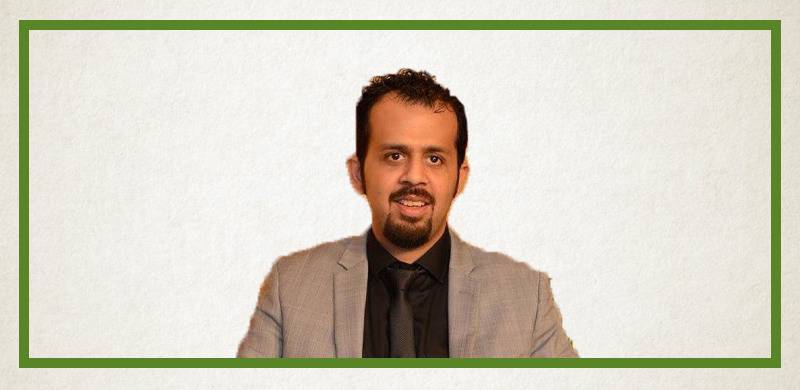
Taha Siddiqui writes about Pakistan's use of death penalty and routine miscarriages of justice resulting in wrongful convictions.
The first time I worked on the issue of death penalty, it was when I interviewed a hangman in the city of Lahore to do a profile on him for a local newspaper in 2011. Sabir Masih was in his mid-twenties and had executed around 200 people. He had learned the so-called 'trade' from his father and his uncle, both of whom were also hangmen at the Lahore Kot Lakhpat jail. When I asked him how he felt about executing people, he told me to him “it was only a job”.
I was interested in his story because it touched upon how the criminal justice system worked in the country and through the hangman, I wanted to highlight the judicial weaknesses in the system that needed to be addressed.
When I interviewed Masih, the then government of People's Party (PPP) had placed a moratorium on executions, in line with their manifesto. So Masih had no work to do, and he was looking for a new job where he did not feel so 'useless'. But since he had no other qualifications and he stuck it out until the then government of PML-N under Nawaz Sharif lifted the moratorium in 2014. I met with Masih again right after the resumption and he told me he was quite busy with 'work' as there were many hangings to carry out.
Initially the government had said that the moratorium was being lifted to punish terrorists in the wake of the Peshawar school attack carried out by the Pakistani Taliban that left over 130 children dead.
The idea was that since the moratorium was in place, terrorists had been emboldened and they needed to be reminded of severe punishments to deter terrorism and sympathy for their cause.
One of the first 'terrorists' to be hanged was Arshad Mehmood, a former military personnel, who was convicted with a death sentence for carrying out a failed assassination attempt against the military dictator General Pervez Musharraf in 2003.
I went to his village near Islamabad to see the impact his hanging had on people for a story for an international new media I was working with. To my surprise, the villagers considered him a hero. Thousands from his and surrounding villages had attended the funeral and many thought of him as a martyr. The locals considered the case against him to have been falsely motivated and did not believe that there was a fair judicial process.
https://www.youtube.com/watch?v=yn3t4cP2SKs
According to his family and friends whom I met, he was a religious, patriotic man who was wrongly implicated in something he did not do.
Other hangings of terrorists also ended up glorifying them in the local and the militant community, and the desired results of it acting as a deterrent were never achieved. Also, Pakistan at first said that it would only execute terrorists when it resumed the executions but soon the prison authorities were being ordered to hang non-terror related convicts too. By 2016, some 94% of those who were hanged since were convicted in non-terror related cases, as per the Justice Project Pakistan (JPP), a non-governmental initiative fighting for the rights of prisoners on death row.
According to JPP's recent report, Pakistan has gone from a non-executing state to the “third most prolific executioner in the world.” Since lifting the moratorium, Pakistan has executed 500 people in 4 years. The Pakistan’s death row population currently stands at 4,688. Moreover, some 27 crimes carry death penalty as a punishment, but many of these 'crimes' are not serious offences.
Not just that, JPP feels that Pakistan’s use of the death penalty is among the harshest in the world, accounting for 26% of the world’s death row population, 13% of global executions, and 14% of worldwide death sentences. JPP reveals that since 2004, Pakistan has handed out at least 4,500 death sentences, an average of one per day, which means every 7th person sentenced to death and every 8th person executed in the world is a Pakistani.
https://www.youtube.com/watch?v=rKPnWgcOc_A
The application of the death penalty in Pakistan is replete with routine miscarriages of justice resulting in wrongful convictions and botched executions, the JPP report concludes.
On this World Day Against the Death Penalty, it is pertinent that the Pakistani government revisit its death penalty policy, especially because the country has currently put on a blanket policy of not entertaining any mercy petitions, even though many of the cases involve prisoners who were convicted when they were juvenile, or are not mentally-sound. Reportedly, a few prisoners have also been physically challenged and certainly deserve mercy.
The government must act in accordance to its international obligations and introduce a more humane, reform-based criminal-justice system.
